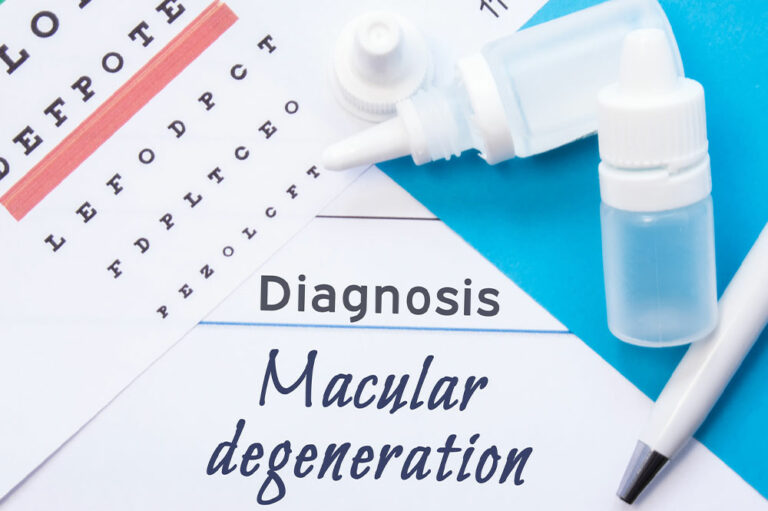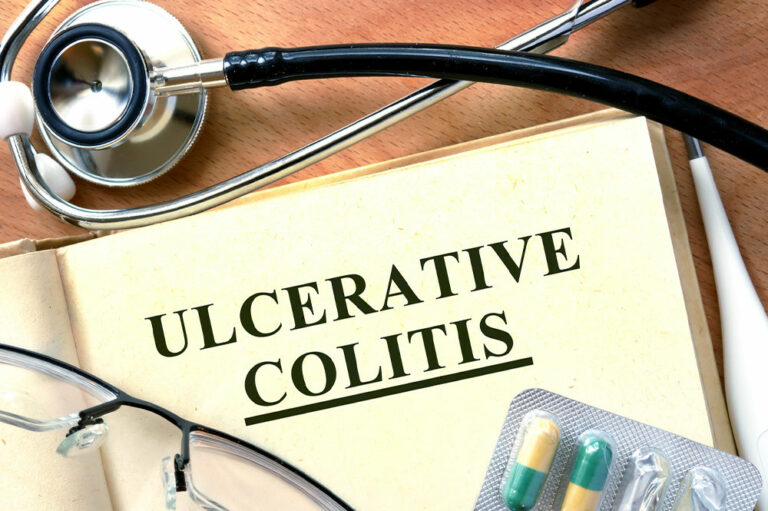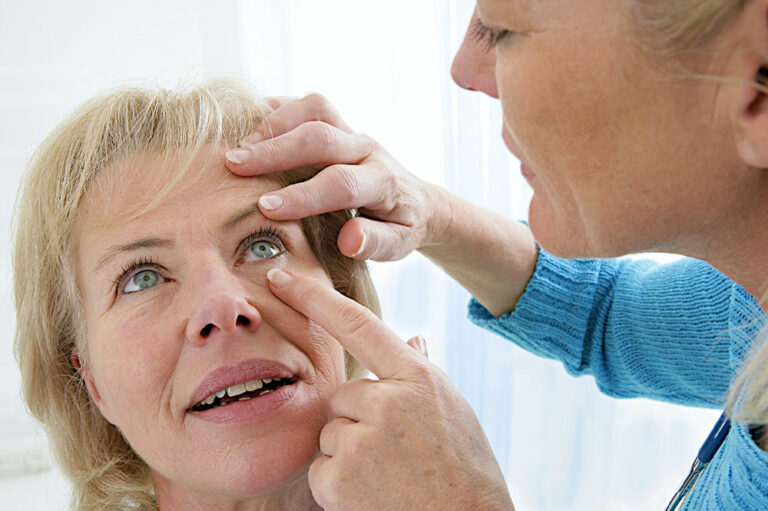
Macular Degeneration – Causes, Symptoms, and More
Macular degeneration is a progressive disease that destroys the macula, the part of the eye that allows you to see fine details. It can make activities like reading, writing, and driving difficult or impossible. The disease typically occurs in older adults and can lead to blindness. While macular degeneration can be managed in its early stages, it has no cure. This article discusses the causes, risk factors, symptoms, and treatments of macular degeneration. What is macular degeneration? Macular degeneration is a disease of the retina, the light-sensitive layer at the back of your eye. There are two types of macular degeneration: dry and wet. The former develops when the macula dries out and loses its function. Wet macular degeneration is a result of new blood vessels under the retina leaking fluid or blood, causing vision loss. Symptoms of macular degeneration The symptoms of macular degeneration can develop differently in individuals, but here are the typical signs one must note. One of the main symptoms is a gradual loss of central vision, which can progress over time and may not be noticeable at first. Additional symptoms are difficulty reading small print or close-up objects, trouble seeing in dim light or when looking up from a low angle, problems with depth perception and peripheral vision, and poor night vision.
Read More 











